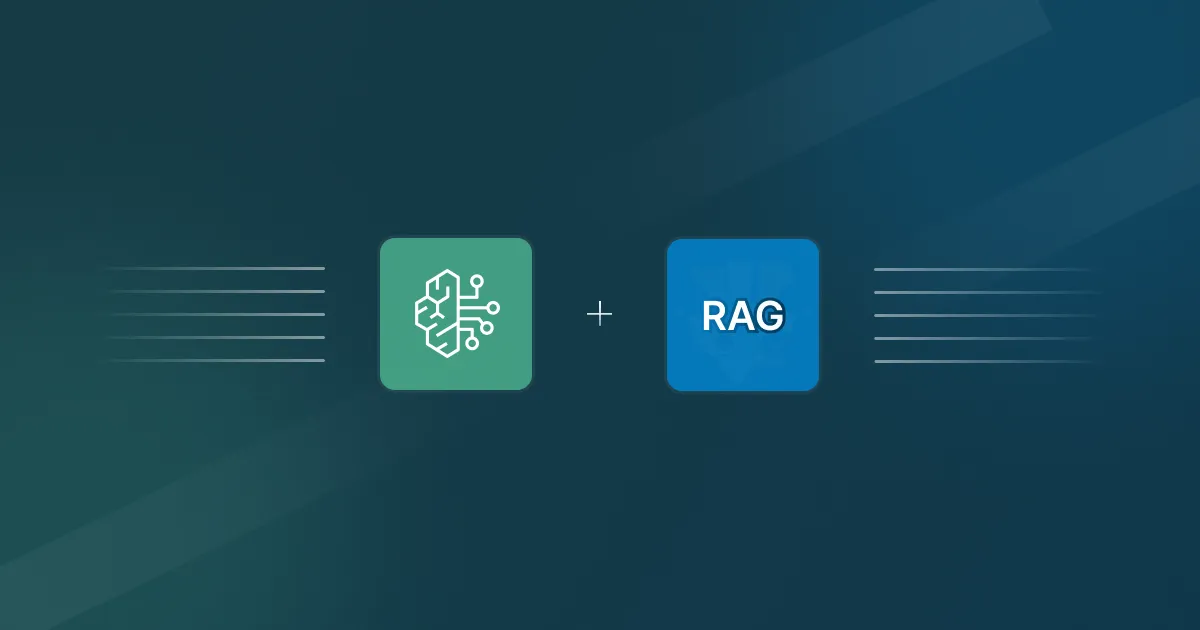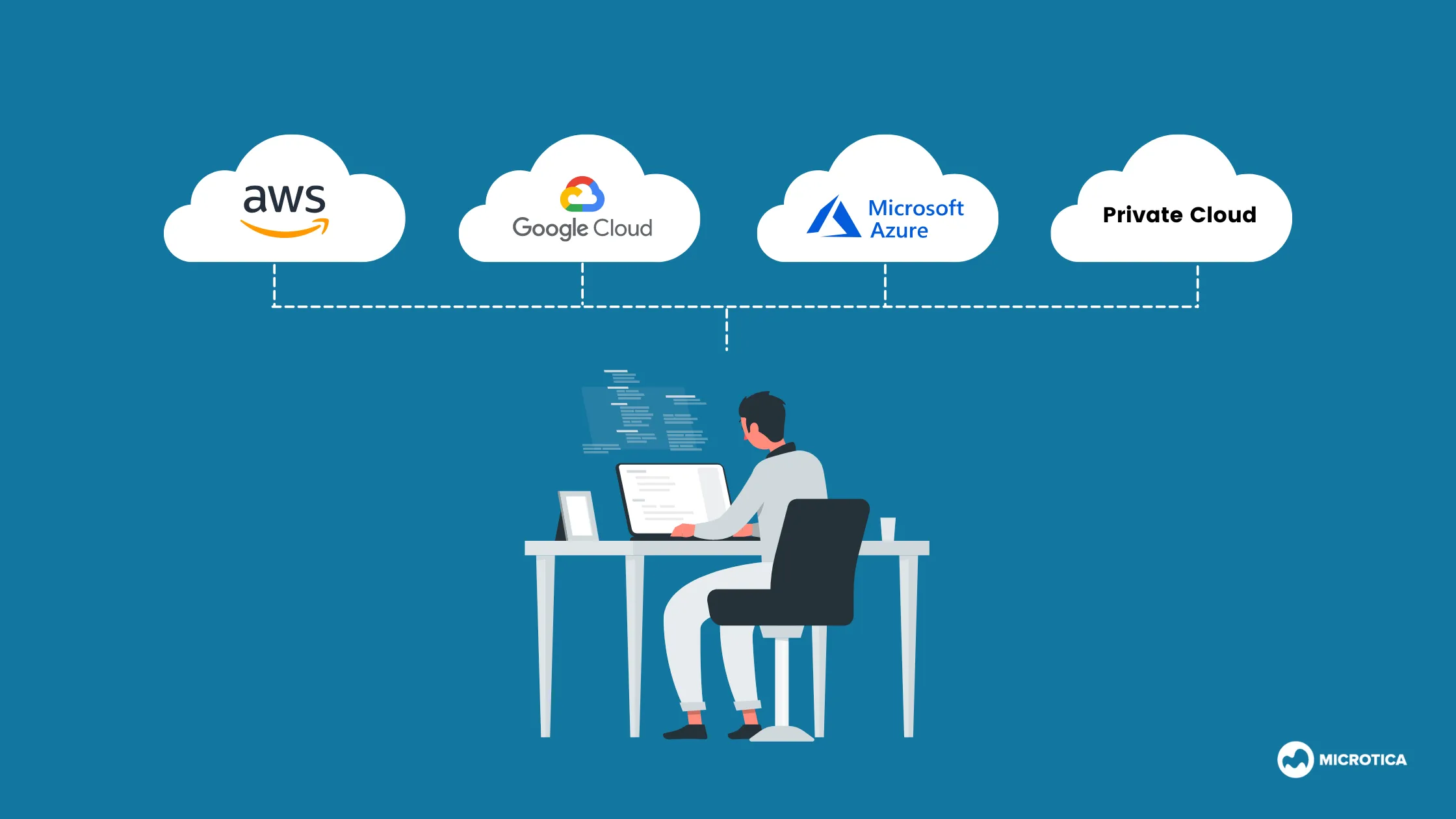AI-Powered Root Cause Analysis: Introducing the Incident Investigator
.webp)
Debugging cloud infrastructure problems can be time-consuming and stressful. Incidents rarely come with an obvious explanation. It usually takes digging through logs, comparing deployments, and searching through dashboards just to understand what changed.
With Microtica’s AI Incident Investigator, that changes. This AI-powered agent helps DevOps and SRE teams find the root cause of incidents faster by providing natural language insights based on deployment context, change history, and system telemetry.
In this article, we’ll explore how it works, who it’s for, and the benefits it offers engineering teams that want to move from firefighting to fast recovery.
What Is the Incident Investigator?

The Incident Investigator from Microtica is a powerful AI Agent built to solve one of the hardest problems in cloud operations: understanding what went wrong. It helps you respond to incidents faster, identify root causes, and debug complex issues — without hours of digging through logs and dashboards.
It doesn’t just show that an error occurred. It also provides details on what changed, who made the change, when it happened, and why it’s important.
The Incident Investigator answers all that — by correlating deployment history, configuration changes, logs, and anomalies to surface the root cause of an issue in seconds — not hours. It provides human-readable, actionable insights that pinpoint why things broke, not just what broke.
How It Works
The Incident Investigator continuously analyzes your system context to detect, trace, and explain incidents in real time.
- Connects to your stack: Hooks into your Git history, cloud accounts, CI/CD pipelines, and observability stack.
- Correlates signals: Tracks changes across code, infrastructure, deployment logs, config, and services - all analyzed together.
- Uses LLMs trained on incident patterns and operational knowledge: Understands how real-world outages unfold and applies that context to your environment.
- Provides natural language insights: Surfaces the most likely cause — and explains why it matters.
- Recommends actions: Offers rollback, scaling, or config fixes where relevant.
This continuous feedback loop turns noisy telemetry into actionable understanding, helping you resolve incidents quickly and with confidence.
Example Use Case for AI Incident Response
The Incident Investigator is especially useful in dynamic environments where changes happen frequently and outages are hard to trace.
Example:
"Why did staging go down yesterday?"
The Investigator replies with:
- Deployment at 13:45 included a new API endpoint
- Config change increased connection pool size
- Logs show increased latency on service auth-handler
- Recommendation: Revert config or scale instance type
Instead of combing through dashboards, the engineering team gets a focused summary, significantly reducing mean time to resolution (MTTR).
Benefits for DevOps & SRE Teams
AI-powered observability tools offer practical advantages for DevOps and SRE teams managing complex systems. From incident resolution to team wellbeing, here’s how they help.
Drastically Reduce MTTR
Cut incident resolution times by up to 70% with faster root cause identification. Instead of sifting through multiple dashboards, logs, and metrics, engineers get direct insights into what went wrong. This means less downtime for users and fewer escalations for your team.
Boost SRE and Platform Team Efficiency
When your team spends less time fighting fires, they can focus on hardening the system, implementing better automation, and building new features. AI-powered analysis filters out noise, highlights what matters, and helps platform teams operate with clarity and speed.
Improve Onboarding and Knowledge Sharing
New engineers often spend months learning where logs are, what metrics to check, and how past incidents were resolved. With AI observability, every incident comes with clear, explainable context. Engineers don’t need tribal knowledge to understand what happened and why — everything is documented and accessible, accelerating onboarding and team confidence.
Reduce Burnout
Late-night alerts are stressful, especially when engineers spend hours guessing at possible causes. AI assistants eliminate much of the guesswork, providing probable causes and suggested remediation steps within minutes. This reduces alert fatigue, builds team trust in their systems, and keeps engineers calm even during high-pressure incidents.
Postmortem Automation
Never forget what caused last week’s incident. The AI Incident Investigator agent automatically logs incident timelines, key metrics, and root causes. Postmortems become faster to write and more accurate, giving your team better insights for preventing similar incidents in the future.
Why DevOps Engineers Need This Now
Incidents are becoming more complex, and mean time to recovery is still too high for most teams. If you're still piecing together postmortems manually, you’re already behind.
Microtica’s AI Incident Investigator gives every team — no matter how small — the power of an AI-enhanced SRE. It’s about empowering engineers with tools that make recovery faster, more accurate, and far less painful. Because AI won’t replace you — but it will outpace you.
DevOps with AI is real-time, root-cause-aware, and resilient.
DevOps without AI? Still guessing, still blind.
The best teams will use this to:
- Build muscle memory around fast incident response
- Stop repeating the same root cause analysis
- Move confidently and recover instantly
In an industry where every second counts, AI is no longer a nice-to-have. It’s essential.
Investigate Your First Incident with AI
Put AI on your on-call team today.
Subscribe to receive the latest blog posts to your inbox every week.
*By subscribing you agree to with our Privacy Policy.

Relevant Posts



